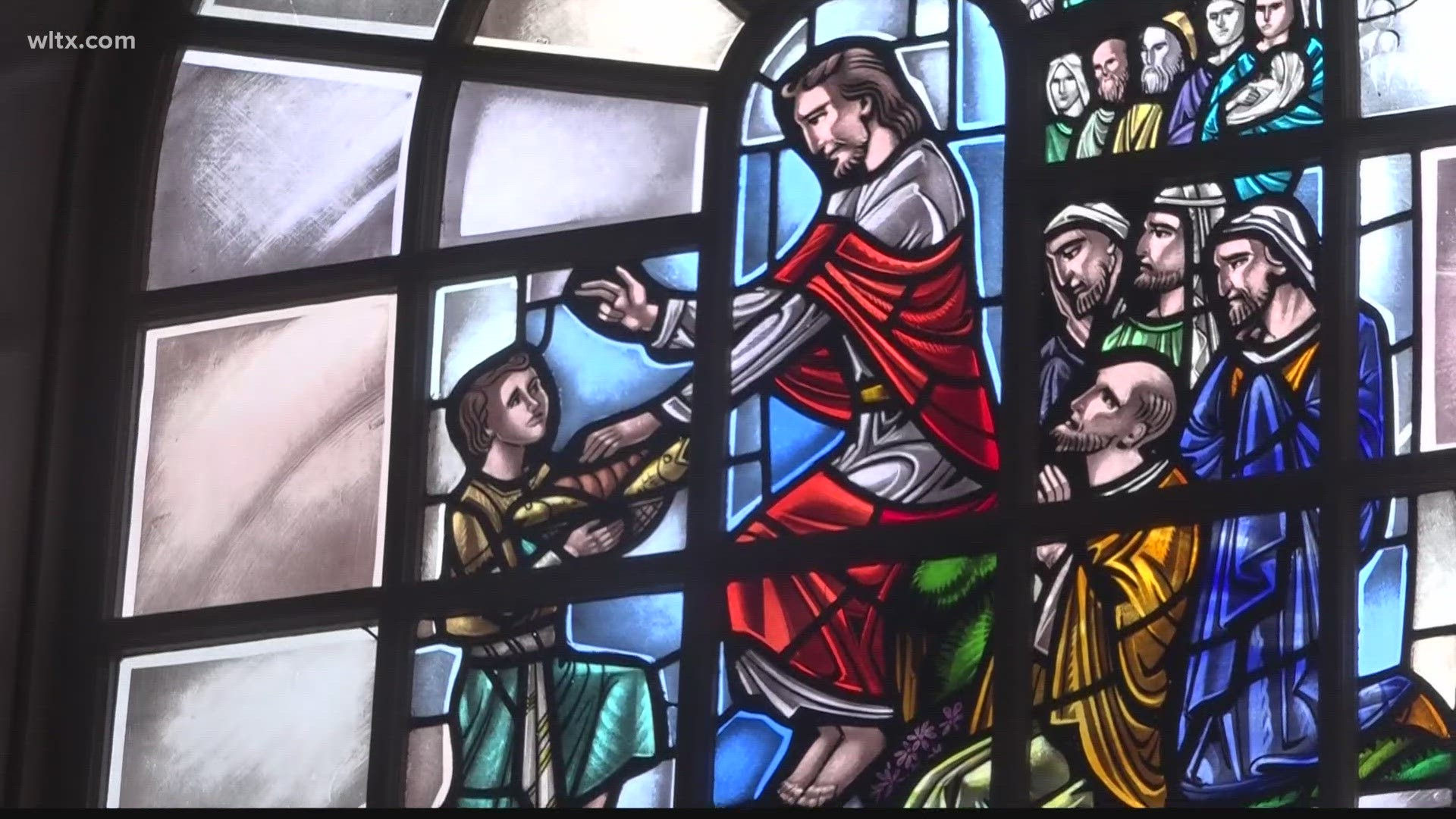COLUMBIA, S.C. — There is an ongoing need for affordable housing in our state, and one lawmaker thinks he has a solution. It involves churches building some housing on property they own.
"We have tremendous growth in our state, which is good for our economy, but it's also created an incredible housing shortage," said State Representative Wendell Jones of Greenville. "We want to combine policy with passion."
Jones recently proposed legislation to grant tax-exempt status to properties used as affordable housing if owned by religious institutions.
"For churches to think creatively and for our leaders to think creatively … it's interesting to hear about this legislation that some churches, I think, will take advantage of," said Brad Smith, senior pastor at Eastminster Presbyterian Church.
According to Jones, the proposed bill's financial impact on the state is a win-win for everyone.
"That property is already tax exempt. So we will not be taking taxable income away from the state. What we will be doing is utilizing that access property to begin to tackle this issue," Jones explained.
According to Smith, although the proposed bill focuses on religious institutions with access to land, those without additional land, like Eastminster, are still finding ways to help.
"Over the years, Eastminster has built over 20 houses with Habitat for Humanity. This coming year, we are looking to be part of a partnership of churches. We are providing seed money that would cover a good portion of the cost. But I hope to see other churches come together, and we work together to build houses for people in need," Smith said.
With the bill recently proposed last month, Jones says he does not see why the bill wouldn't pass.
"I think the pros absolutely outweigh the cons, any cons anyone may be able to come up with., Jones said. "The bill is not written to where it is isolated to one type of religion; it's religious institutions. So if you have the land and ability to combine with developers, come help us solve this problem."
In the meantime, recruiting churches to help or develop their access land is the primary goal and something Habitat for Humanity is pushing its efforts towards.
"Building with churches is an integral part of what we do," said Habitat for Humanity Executive Director Suzanne Brooks. "This is an opportunity for churches to come together, pool their resources and make a difference in the lives of an individual in the Midlands."
With the help of nonprofits and now lawmakers, churches will have the necessary partnerships to help the community move towards minimizing the affordable housing shortage.
"I think this bill will allow them to bring what they have, their resources, their land to the table. But now they can tap into the expertise of folks who know how to do this, Jones said. "So this bill facilitates that partnership so they can finally achieve what they would like to do for their surrounding communities."
We did ask Jones if there were any concerns that some churches may not allow some people to live there for religious reasons.
He said there isn't language explicitly preventing that, but he may go back and include that if lawmakers take up the bill.

